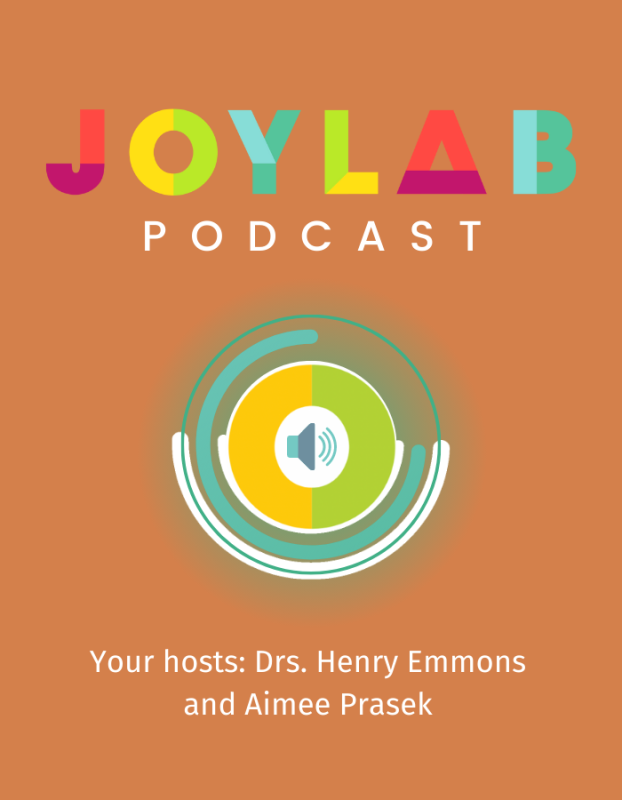It's about HOW we eat.
Most Americans eat their food too fast—and far too mindlessly. This can be one of the leading causes of weight gain, acid reflux, heartburn, IBS, and many other GI issues. We spend a lot of time counting calories, trying out trendy diets and programs, and ruminating over the fact we can’t lose those pesky pounds. What we misunderstand is that it’s not always about what we are eating that is making us feel this way—but about how we are eating.
When we eat too fast, we also overeat. This makes us feel miserable with bloating, indigestion, gas, and quite possibly a sense of self loathing. We spend, on average, 35 minutes prepping our meals but devour them within 10 minutes. If we are not digesting our food properly, it’s going to tax our GI system.
It takes approximately 20 minutes from the first bite of food for our brain to send out the signal that we are full, which means if we are finished in 10 minutes, we have easily taken in too many calories before we realize it. Slowing down allows time to receive the signal from our brain that we are full. This translates into eating less and allowing better, and more proper, digestion. And better digestion leads to healthier weight management.
Slowing down is only one factor for better digestion. If you are always bloated or uncomfortable after you finish a meal, then read on…
7 Tips To Improve Your Digestion, Feel Less Bloated and Lose Weight.
- Sit down while eating
- Never eat while standing (especially in front of the fridge!). Even if you are eating just a small snack it pays to be mindful of it. Place the snack on a plate or in a bowl and sit down for a minute. And don’t eat straight out of the bag or box. Sit down, then eat.
- Eliminate distractions
- Turn off the TV. Sit somewhere away from your office desk and phone. Enjoy the scenery of where you are. Pay attention to the taste, smell, and texture of your food instead of the drama of the nightly news or, worse yet, social media.
- Take a deep breathe beforehand.
- In other words, be present. As above, pay attention to what you are eating. Savor the taste, comment about the deliciousness of each bite (out loud!) and appreciate what it took to get to your table, e.g., the farmer, harvester, truck driver, grocer, etc.
- Chew your food
- This one can’t be emphasized enough! CHEW. YOUR. FOOD. For starters, try chewing each bite 20-30 times before you swallow. The first time you do this you will realize how much you don’t actually chew your food. The first stage of digestion begins in the mouth so help your GI system out and alleviate some of that digestive stress.
- Don’t be in a hurry
- As stated earlier, slooooow down. Set a timer and allow yourself 20-30 minutes for your meals. Remember your school lunch hour? Give yourself some time to enjoy the meal (ok, not your school lunch 😉 and let your brain set the signal when you are full.
- Portion size
- Only serve up half of what you prepare for your meal. If you are still hungry after 20 minutes then plate up the rest. Or, better still, wrap it up and put in the fridge.
7. Practice Hara Hachi Bu.
Hara Hachi Bu is a Okinawan cultural practice—a reminder to stop eating when 80% full. There is a significant calorie gap between when an American says, ‘I am full’ and an Okinawan says, ‘I’m no longer hungry.’
The practice is the same as the tips above; eat slowly, focus on food, use small vessels.




